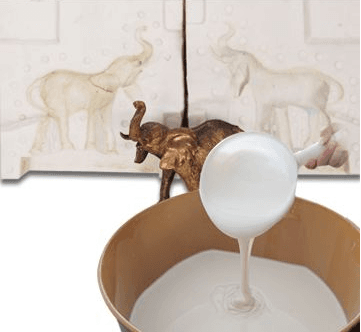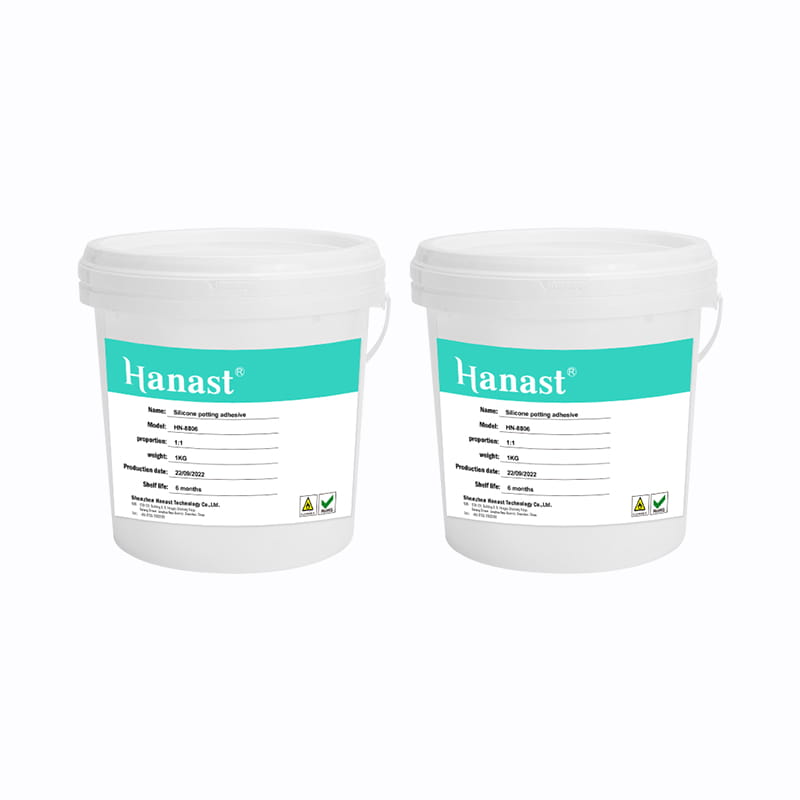Advantages of liquid silicone products
 Dec 30,2023
Dec 30,2023

 Hanast
Hanast
Liquid silicone has excellent heat resistance, cold resistance, dielectric properties, ozone resistance and weather resistance. The outstanding property of silicone is its wide temperature range, allowing long-term use from -60°C to +250°C. However, silicone has poor mechanical properties such as tensile strength and tear strength. At normal temperatures, the physical and mechanical properties of silicone are not as good as most synthetic rubbers. General silicone has poor oil and solvent resistance, so silicone rubber should not be used for general purposes, but it is well suited for many specific situations.
Liquid silicone products have excellent comprehensive performance and good technical and economic effects. They have been widely used in aviation, aerospace, atomic energy, electrical appliances, electronics, instrumentation, automobiles, machinery, metallurgy, chemical industry, medical and health, daily life and other fields.
Liquid silicone products are based on methyl vinyl silicone rubber. Add reinforcing agents, heat-resistant agents, modifiers and other fillers through mixing, book passing, filtration, vulcanization, molding, extrusion, bonding, etc. Has the following characteristics:
1. Excellent weather resistance, ozone resistance and UV resistance. Will not break when used outdoors for extended periods of time. Silicone rubber is generally considered to be used outdoors for over 20 years.
2. High temperature resistance, long-term use at 200°C, and still elastic at -60°C
3. Excellent high temperature compression and permanent deformation.
4. It has the advantages of good processing performance and easy molding. It can be produced by extrusion hot air vulcanization molding, mold addition molding, stretch molding and other methods.
5. Electrical insulation properties. The dielectric properties of silicone rubber are excellent. Especially at high temperatures, the dielectric properties are much higher than those of general organic rubber. The dielectric strength is almost independent of temperature in the range of 20-200°C.




 Home
Home
 Why do liquid silicone raw materials need to be stirred evenly with the curing agent?
Why do liquid silicone raw materials need to be stirred evenly with the curing agent?  You May Also Like
You May Also Like







 Tel
Tel
 Email
Email
 Address
Address












